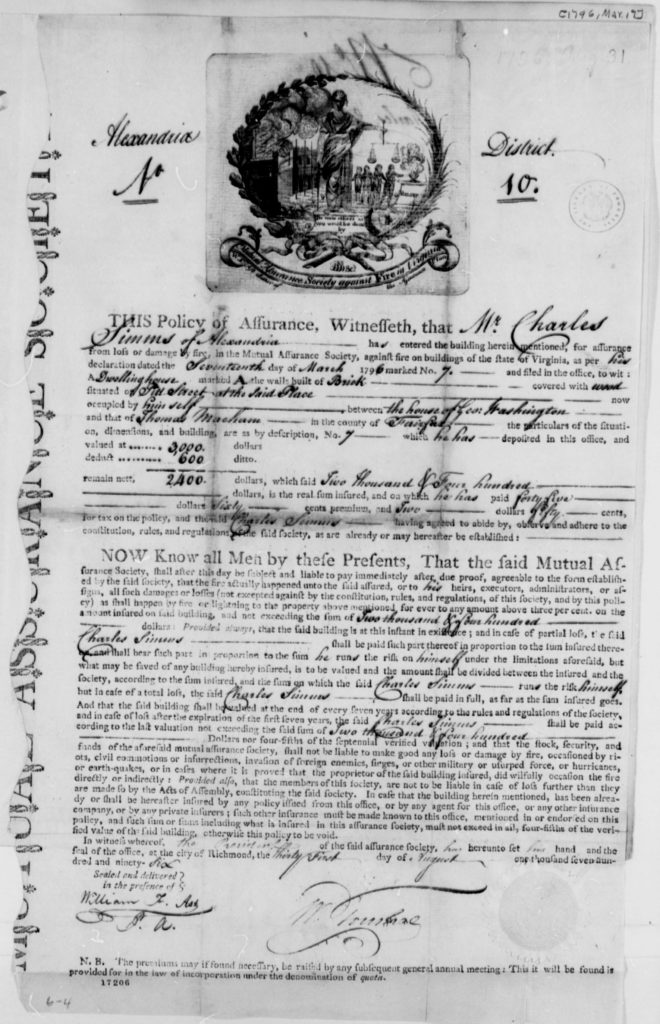If you are an expat working or seeking a job in China, your China employment contract matters. If you plan to travel to China to take a new job there (or even just take a new job there) you should do all of the following
- Have your proposed employment contract checked by a China employment lawyer to make sure it protects you and includes everything you need or want to be included. Do this before you sign it, not after.
- Make sure the final version of your contract is the same version as your approved version and make sure it gets fully executed by both parties. This means it should have the signature of your employer’s legal representative and your employer’s company chop or seal.
- Hold on to one original of the fully executed employment contract for your records. Please.
It is common for China employers to deliver an offer letter to a potential employee, stating the employer’s intent to enter into an employment relationship with that employee. When delivered to an expat, this offer letter is nearly always in English. Most expats check this document carefully, but too many stop there, believing their acceptance of this offer letter “covers” them. It doesn’t, and if this is all you have, you much have nothing at all. Realizing this, others ask for an actual contract but then get that in just Chinese and just assume it includes everything set out in their offer letter. If you are someone who believes that, you obviously have not been reading this blog long enough. This assumption goes astray pretty much every time for one of two reasons: (1) the contract does not include everything from the signed offer letter, or (2) the Chinese in the contract does not match the English in the offer letter (or even in the contract itself). And let me tell you, when there is this disconnect, it favors the employer 99.9% of the time.
You would be surprised (or maybe not) how often we see the one (or more) of the following when it comes to China expat employment contracts:
1. The expat’s employment agreement was never executed by the employer. This may work in your favor in that you may (but not always!) be able to collect damages as a result of the employer’s failure to enter into a written employment contract. On the other hand, it can also work against you in that none of the benefits you negotiated with the employer are in writing.
2. The expat’s final executed contract contains NOTHING to which the parties agreed in their negotiations. This may happen for a couple of reasons. First, the employer has to submit a completely different form to the local labor authorities to secure a work visa for the expat and the employer does not bother to explain this to the expat. The employer never got the expat to execute the “real” contract, perhaps because they were sloppy or disorganized or the people in charge of it did not care. Second, the employer intentionally cheated the expat by having the expat sign a completely one-sided contract (favoring the employer, of course) even though the parties had agreed on a different set of terms. There may be other reasons, but in our experience, these two are by far the most common.
3. The expat agreed to sign a fake contract knowing the real deal was not on paper. In this situation, the paper was for “official purposes only,” but not necessarily for securing a work visa. For example, it may have been intended to show the tax authorities that the expat is making a much lower amount than orally agreed. This is done to lower everyone’s tax burden and the plan is for the employer to make up the difference in cash or by some other illegal means. For how and why this is so often a terrible idea, See The Documents Are the International Deal.
Now imagine you get into a dispute with your employer regarding your salary or bonus and there is no enforceable written agreement of any kind that supports your claim. You should assume you will be held to a higher standard because you are a high-level expat, not an “ordinary” Chinese employee and the odds are overwhelming that you will lose.
And though you’ve probably heard this dozens of times, I cannot resist mentioning it again: when your Chinese counterpart assures you “mei wen ti” (no problem), there usually will be problems and it will be you who will pay the price for them. Similarly, if your China employer tells you it is no problem that you have a fake agreement, you almost certainly will have a problem.
If you have a well-crafted employment contract that has been executed by both you and your employer, you should make any amendments to that contract via signed and chopped writings as well; not verbally or by WeChat or email.
Bottom line: Check your offer letter. Check your proposed employment contract. And check your final, to-be-executed employment contract, and make sure it gets fully executed.

























